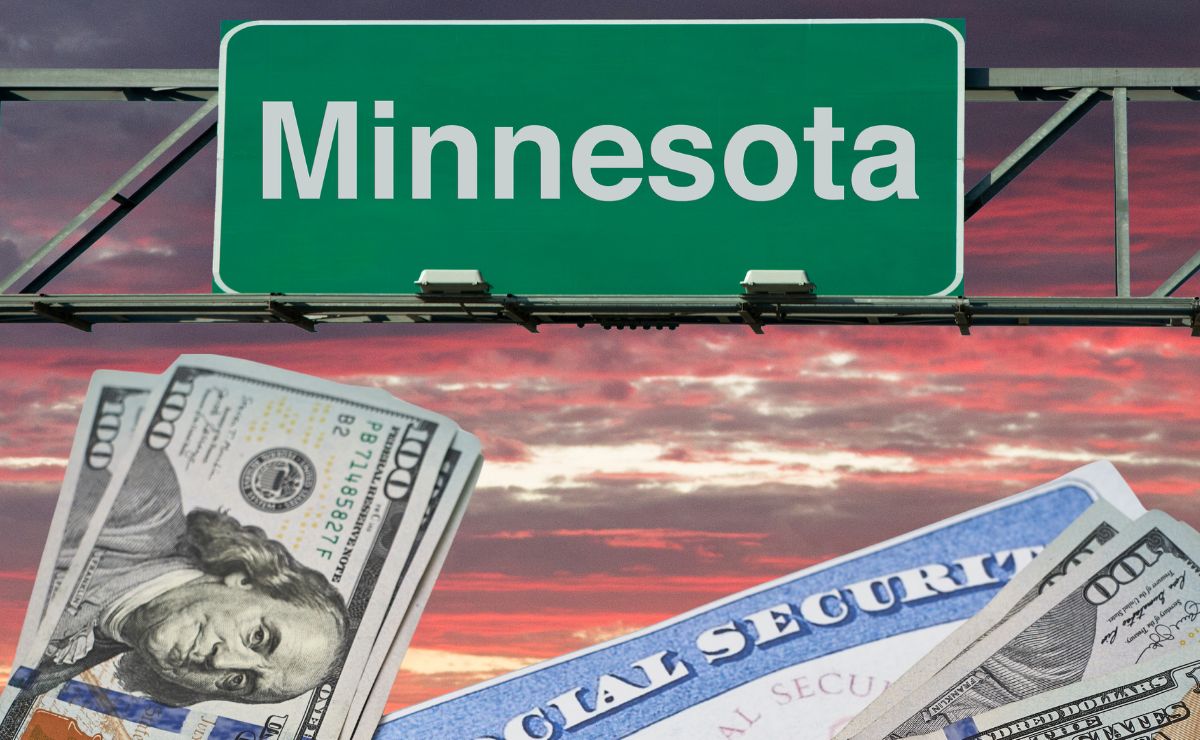Anticipate paper checks worth up to $1,300 in tax rebates being dispatched to eligible residents in Minnesota in the upcoming weeks, as the state concludes its distribution of direct deposit transactions. According to the Minnesota Department of Revenue, direct deposit disbursements should have been dispatched by the culmination of the previous week, and they will appear in bank accounts under the label “State of Minnesota 2021 Tax Rebate Program.”
Those qualifying residents who did not receive a direct deposit will obtain their stimulus check via a paper check, which is presently in the process of distribution. The quantum of the rebate a family receives varies contingent on their tax circumstances. Married couples who jointly file their taxes are entitled to a $520 rebate if their gross income stands at $150,000 or below. Conversely, individuals with earnings of $75,000 or less will receive $260 in rebates.
Stimulus Check for Residents in Minnesota
The fundamental rebate amount, an extra $260, is appended to each rebate for each dependent claimed by an eligible taxpayer in Minnesota, up to a maximum of three dependents. The apex amount a family can procure from the 2021 tax rebate initiative is set at $1,300. Although the state clarifies that tracking these rebates is unfeasible, the Minnesota Department of Revenue recommends individuals to reach out to the agency if payment remains undelivered by the advent of October.
Approximately 2.1 million rebate disbursements are intended for release through the state, as indicated by Minnesota officials. These rebates coincide with students’ return to classrooms, extending relief to families procuring school supplies amidst persistent inflation.
Are the tax rebate disbursements subject to taxes?
The taxation of tax rebate disbursements can vary based on several factors, which encompass the nature of the rebate, its origin, and the pertinent laws and regulations. For example, the IRS has clarified that Economic Impact Payments (also known as stimulus payments or recovery rebates) issued during the COVID-19 pandemic, don’t have to pay any taxes. Actually, these payments were an advance on a 2020 tax credit and did not increase your 2020 tax bill or decrease your refunds
When dealing with rebates or refunds issued by the state, the federal tax implications can be intricate, hinging on various considerations. For instance, refunds of state taxes made by individuals are subject to federal taxation only to the extent that a federal benefit was previously claimed for the payment of those state taxes.
These payments might become federally taxable if the taxpayer opted to itemize their deductions on their 2021 Form 1040 (Schedule A), claimed a deduction for the state taxes they had paid, and later received a refund for those same taxes.
Given the complexity of tax law, with state and federal legislations overlapping, it’s better to get in touch with your local tax agency as they have up-to-date information.

